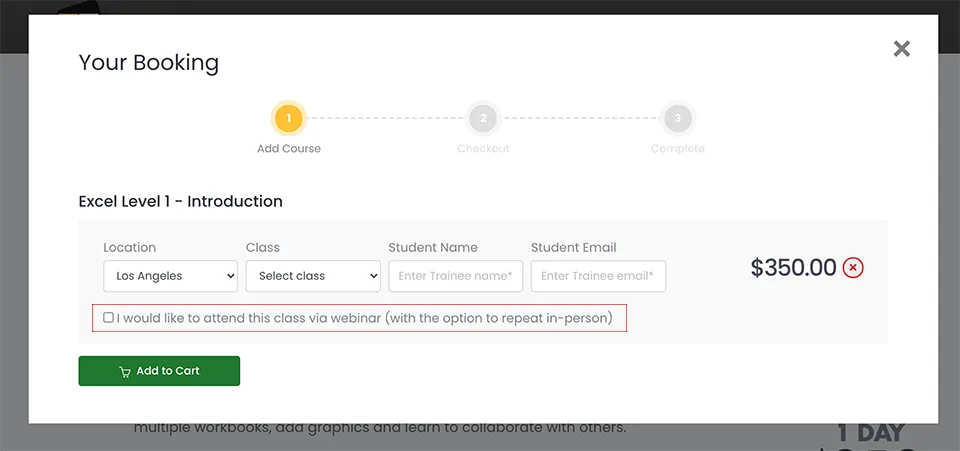The Basics of Body Language
The ability to interpret body language is a skill that will enhance anyone’s career. Body language is a form of communication, and it needs to be practiced like any other form of communication. Whether in sales or management, it is essential to understand the body language of others and exactly what your own body is communicating. Read more.








